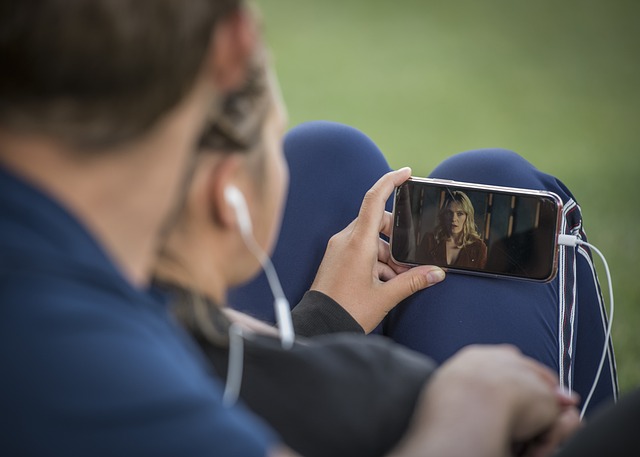DivX, a powerful video format known for its high-quality compression, plays nicely with smart TVs, ensuring smooth playback. However, compatibility challenges arise due to varying device support for DivX codecs and software limitations. This article explores solutions, from choosing the right DivX player for your smart TV to optimizing video settings for seamless playback. We also provide troubleshooting tips for common issues like buffering and audio sync problems. By following these guidelines, you’ll be able to enjoy your DivX content without compatibility barriers.
Introduction to DivX and Smart TV Compatibility: Explain what DivX is and its significance in video playback. Highlight the need for smooth and seamless video experience on smart TVs.

DivX is a video compression format renowned for its high-quality video playback while maintaining relatively small file sizes. This makes it particularly well-suited for streaming and playing videos on various devices, including modern smart TVs. The seamless integration of DivX support in smart TV platforms allows users to enjoy their favorite movies and shows without buffering or quality loss.
With the growing popularity of streaming services and online content, ensuring a smooth video playback experience is crucial. Smart TVs, with their diverse operating systems and connectivity options, need to be compatible with various video formats to cater to all users. DivX’s compatibility with smart TV platforms ensures that viewers can access a wide range of media content without the hassle of format conversion or poor playback quality, providing an enhanced overall entertainment experience.
Understanding Device Compatibility Challenges: Discuss common issues faced when trying to play DivX files on different devices, focusing on smart TVs. Mention format compatibility, codec support, and potential software limitations.

When attempting to play DivX files on smart TVs, users often face several compatibility challenges. One of the primary issues is format incompatibility—not all DivX file formats are supported by every device or media player. For instance, while a DivX video might play seamlessly on a PC or mobile device, it may not be recognized or properly decoded on a smart TV due to differences in hardware and software configurations.
Furthermore, codec support plays a significant role. Smart TVs typically require specific codecs to decode DivX videos, such as the DivX H.264/AVC codec. If the TV lacks built-in support for this codec or if the software is outdated, it may struggle to play the video without pixelation, stuttering, or other playback issues. Software limitations within the TV’s operating system can also impede smooth playback, especially with more complex DivX files that include advanced features or custom settings not natively supported by the device.
Choosing the Right DivX Player for Smart TV: Review popular and reliable DivX players designed specifically for smart TVs. Compare their features, including hardware acceleration, subtitle support, and ability to handle various DivX codecs.

Optimizing Video Settings for Smooth Playback: Provide tips on adjusting video settings within the DivX player to ensure smooth playback. This may include resolution selection, buffer settings, and quality options tailored for Smart TV displays.

Troubleshooting Common Issues: Offer solutions for common problems users might encounter when trying to play DivX content on their smart TVs. Address topics like buffering issues, video stuttering, and audio synchronization problems with step-by-step troubleshooting guides.

Conclusion: Recap the benefits of being able to play DivX files smoothly on any device, including smart TVs. Encourage readers to explore compatible players and optimize settings for an enhanced multimedia experience without compatibility barriers.

